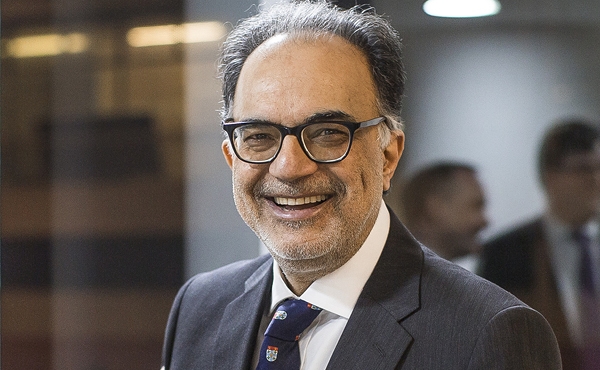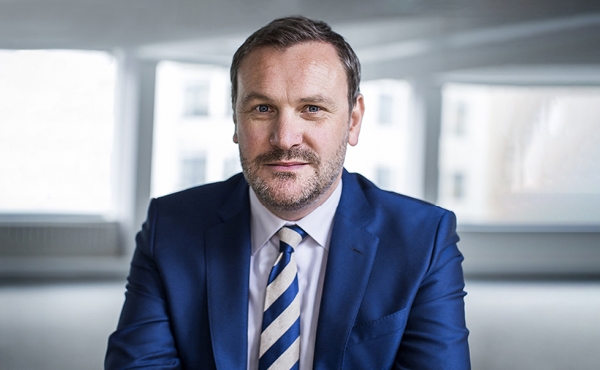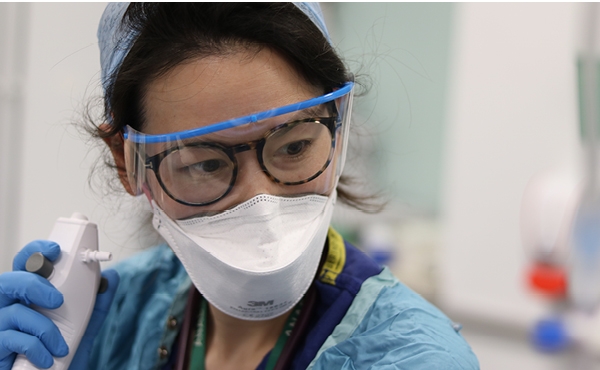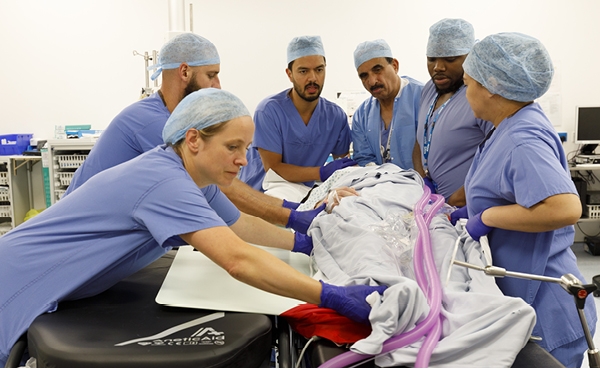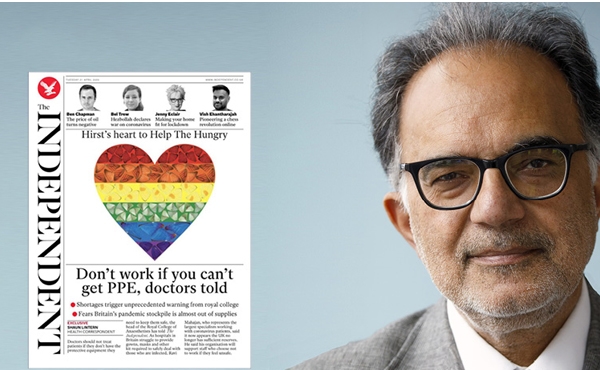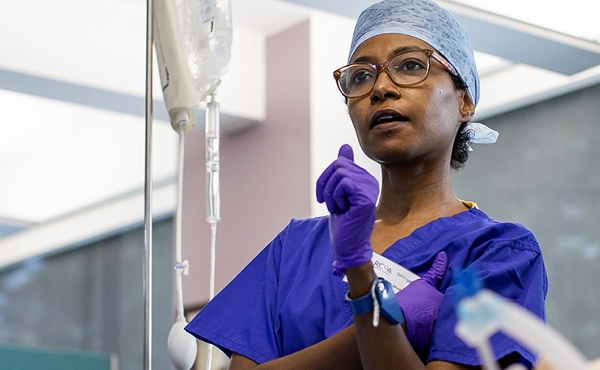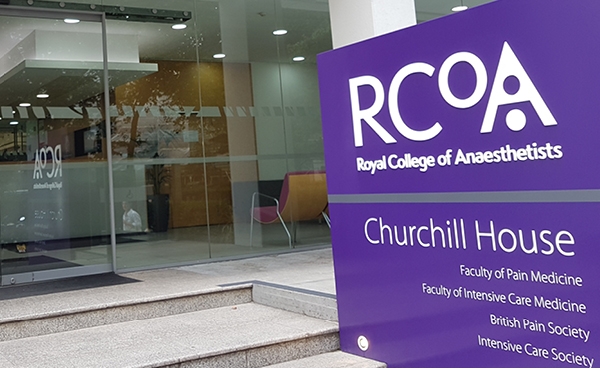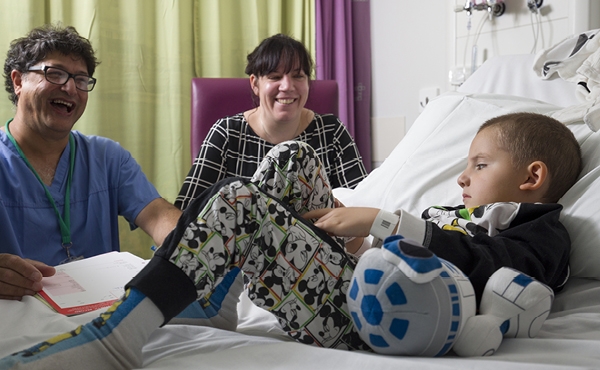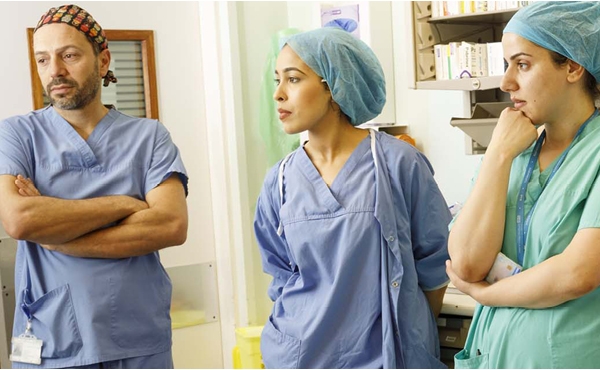2020 Annual Review: Sustainability commitments
2020 Annual Review: Sustainability commitments
The College’s Environmental Advisor to the President and the Council lead for sustainability, worked on a wide range of initiatives throughout the year...
Sustainability and the environment
The College is committed to embedding sustainability in everything we do. From the launch of the College’s Sustainability Strategy in 2019, 2020 saw the furthering of our ambitions to minimise impact on the environment, both in clinical practice, where anaesthetic gases account for five per cent of the carbon footprint of acute organisations, and through the workings of the College. The sustainability strategy comprises a number of strands.
Environmental impact of clinical practice
The Anaesthetic Impact Calculator was updated in 2019, and a revised annual carbon calculator published in 2020. The College’s Environmental Advisor (EA) is currently developing a tool to map carbon hot spots in wider clinical practice and with a team has written a proposal for BJA Education entitled: Carbon literacy in clinical anaesthesia.
In October, an e-learning module Environmentally Sustainable Anaesthetic Practice was launched, which was commissioned and edited by the College’s EA and the Association of Anaesthetists and the Centre for Sustainable Healthcare’s Fellow in Environmentally Sustainable Anaesthesia. This e-Learning for Anaesthesia programme was created to scientifically populate the 2020 RCoA curriculum learning outcomes pertaining to sustainable practice, efficient use of healthcare resources and the environmental impact of healthcare delivery. While primarily targeting anaesthetists, its content is also relevant and applicable to other healthcare professionals within and outside the operating theatre.
In December, the College worked with The Lancet and the Association of Anaesthetists to publish a policy brief for the UK, presenting data from the 2020 Lancet Countdown on Health and Climate Change. The healthcare sector emissions theme had a large section looking at anaesthetic gases.
The EA also represented the College, speaking at a wide range of seminars and conferences, including:
- the Royal Society of Medicine trauma webinar series in February
- the Association of Veterinary Anaesthetists meeting in March
- the Association of Paediatric Anaesthetists in September
- the RCoA sustainability webinar in October
- Frimley Park Hospital’s Association of Anaesthetists meeting in November.
The EA continues to support younger anaesthetists in their sustainability work in the UK as well as collaborating with international researchers and authors.
A patient information resource Your Anaesthetic and the Environment was launched in 2020, containing information on the environmental impact of anaesthesia. This was written for patients who may want to know more about the environmental impact of their particular anaesthetic for their forthcoming procedure, and to enable a conversation with their anaesthetist.
The current EA has been in post for eight years and feels the time is right to hand the baton over in this critically important area. The College is actively working to ensure a smooth transition to his successor.
Minimising the environmental impact of the College’s work as an organisation
The College is actively reducing the printed versions of its publications, opting for digital wherever possible. This has been developed, with digital downloads now available for the patient information leaflets, and other major College publications. Members are also able to opt out of receiving paper copies of the two academic journals they receive – BJA and BJA Education as well as the College’s membership magazine Bulletin. To date, 10 per cent of the membership have taken up this option.
The College strives to reduce carbon emissions from its building, actively working to maintain and improve its estate to maximise energy efficiency and minimise resource consumption. In 2020, a group of 'Green Champions' was set up to further this aim amongst all College staff.
Reviewing College investments to ensure they are consistent with our aim to be a socially and environmentally responsible organisation
Our investment advisors select investments to generate College income whilst also recognising that we want to invest responsibly.
In terms of exclusions, the College has for years has not invested in tobacco.
In addition, in 2020, the Board of Trustees made a commitment to divest from fossil fuel providers within two years, if the College and its investment managers were not satisfied that their business model aligned with the UN Paris Agreement on climate change. This agreement seeks to limit global warming to 1.5 degrees Celsius compared to pre-industrial levels.

